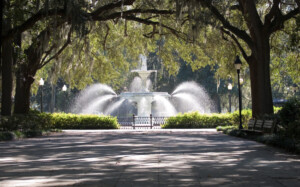
Living in Savannah, GA offers many opportunities to explore beautiful architecture, rich culture, and delicious cuisine. Savannah also ranks as the top metro in the United States with the fastest-growing sales price, which could be advantageous for building long-term equity. However, like any city, there are challenges, such as humidity, hurricanes, traffic, tourist crowds, and lack of public transportation. In this article, we will explore the pros and cons of living in Savannah and give you a complete rundown to help you make the best choice for you.
So whether you’re looking at apartments in Savannah, GA, or thinking of buying a home in the city, Redfin has you covered with all the information you need to know.
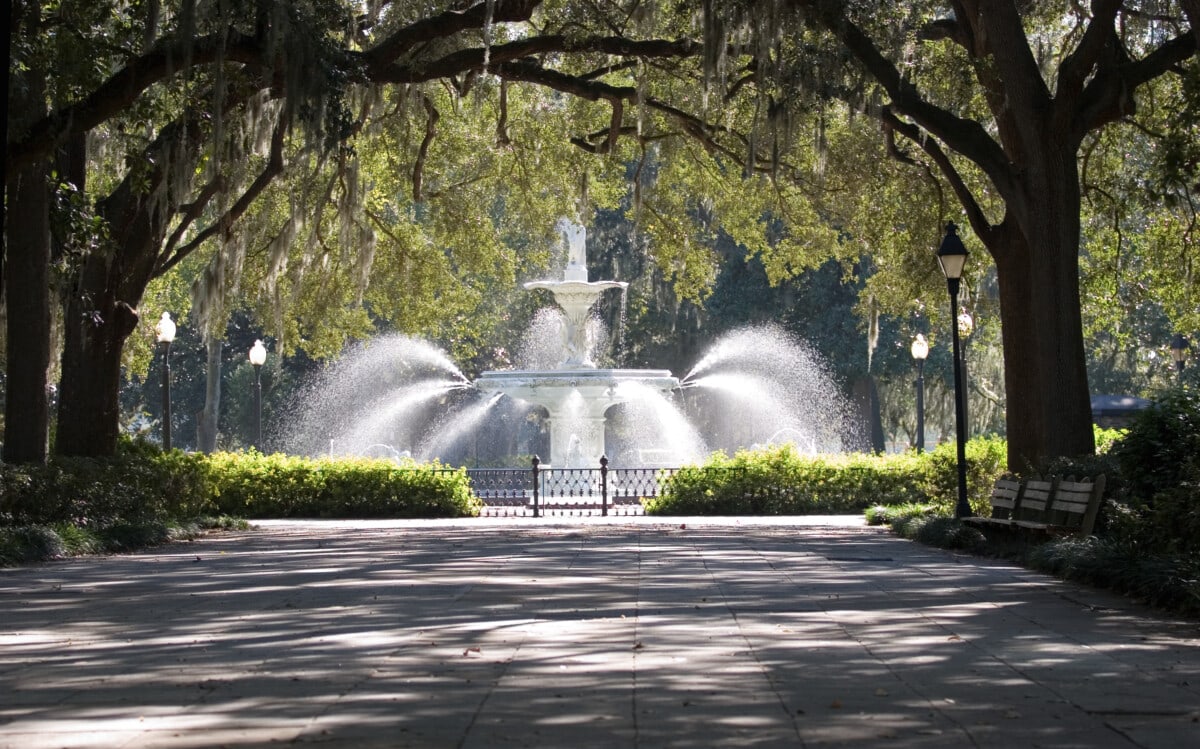
Pros of living in Savannah
1. Rich history
Savannah has a long and storied history that dates back to the colonial era. The city has many historic buildings, including beautifully preserved mansions, churches, and public buildings. Walking through Savannah’s streets is like taking a step back in time, and there is always something new to learn about the city’s fascinating past. The history of Savannah is celebrated in the many museums and cultural institutions throughout the city. If you want to immerse yourself in historical sites around the city, visit Bonaventure Cemetery, The Ralph Mark Gilbert Civil Rights Museum, The Telfair Academy, and the Savannah Historic District.
2. Southern charm
Savannah is known for its friendly and welcoming people, part of the city’s unique Southern charm, which extends throughout its suburbs. The city’s residents are known for their hospitality and kindness, and take pride in making visitors and newcomers feel at home. From the charming historic district to the city’s many parks and green spaces, there is always something to appreciate about Savannah’s warm and welcoming character.
3. Beaches
Savannah is located near the coast, and several beautiful beaches are within a short drive. Tybee Island, for example, is a popular destination only 18 miles away for swimming, sunbathing, and fishing. The beaches in Savannah are known for their natural beauty, with white sand, clear water, and abundant wildlife. Whether you’re looking for a peaceful place to relax or an exciting place to play, Savannah’s beaches, including Daufuskie Island and Hilton Head Island in South Carolina, have something to offer.
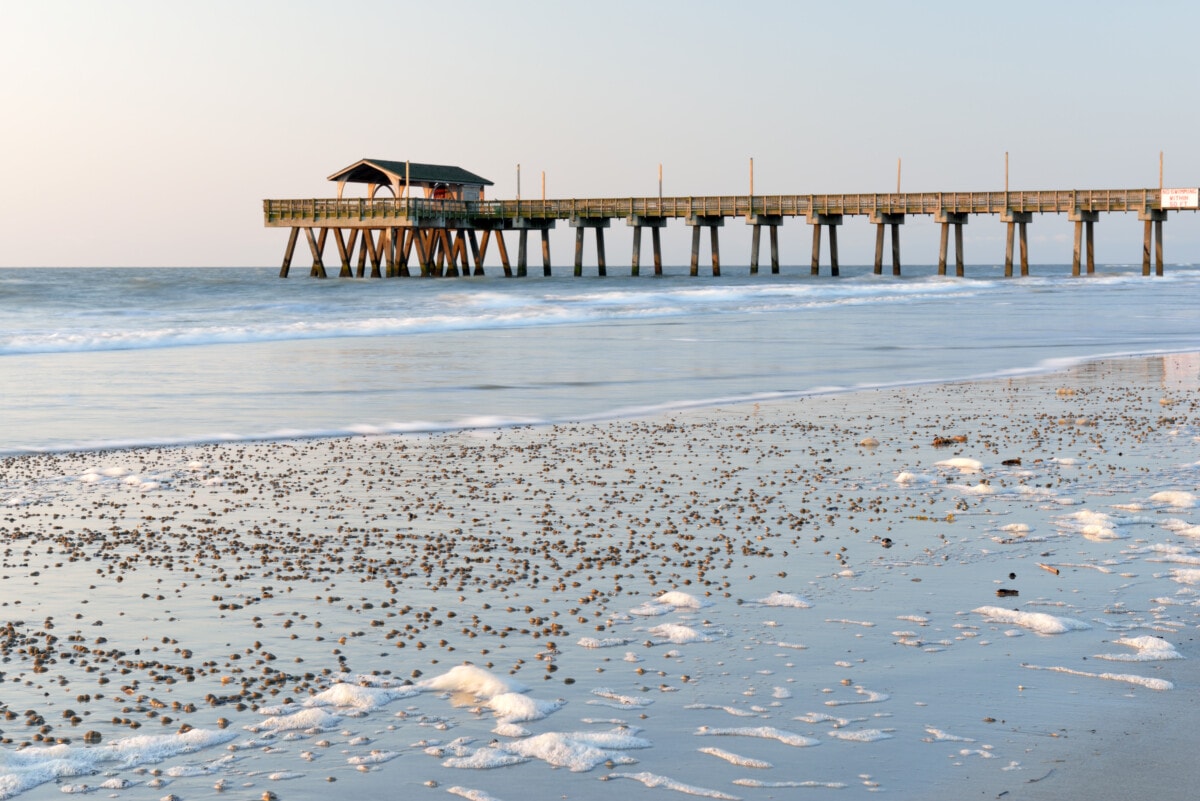
4. Delicious food
Savannah is known for its cuisine, which blends traditional Southern cooking with innovative flavors and techniques. Savannah’s food scene is full of delicious options, from fresh seafood to barbecue to classic Southern dishes like fried chicken and biscuits. The city is also home to many restaurants specializing in farm-to-table cuisine, using fresh, locally sourced ingredients to create memorable dishes. Tops spots to indulge in include Olympia Cafe, Vinnie Van GoGo’s, The Grey, and Flock to the Wok.
5. Beautiful architecture
Savannah’s architecture is unique and beautiful, with many historic homes, churches, and public buildings that have been beautifully preserved. The city’s historic district is particularly impressive, with beautiful buildings that showcase a variety of architectural styles, including Georgian, Federal, and Greek Revival. Walking through Savannah’s streets is like taking a tour through a living museum of architectural history, and the city’s many beautiful buildings are a source of pride for its residents. The city is also home to the famous 30-acre Forsyth Park, modeled after the fountains at the Place de la Concorde in Paris.
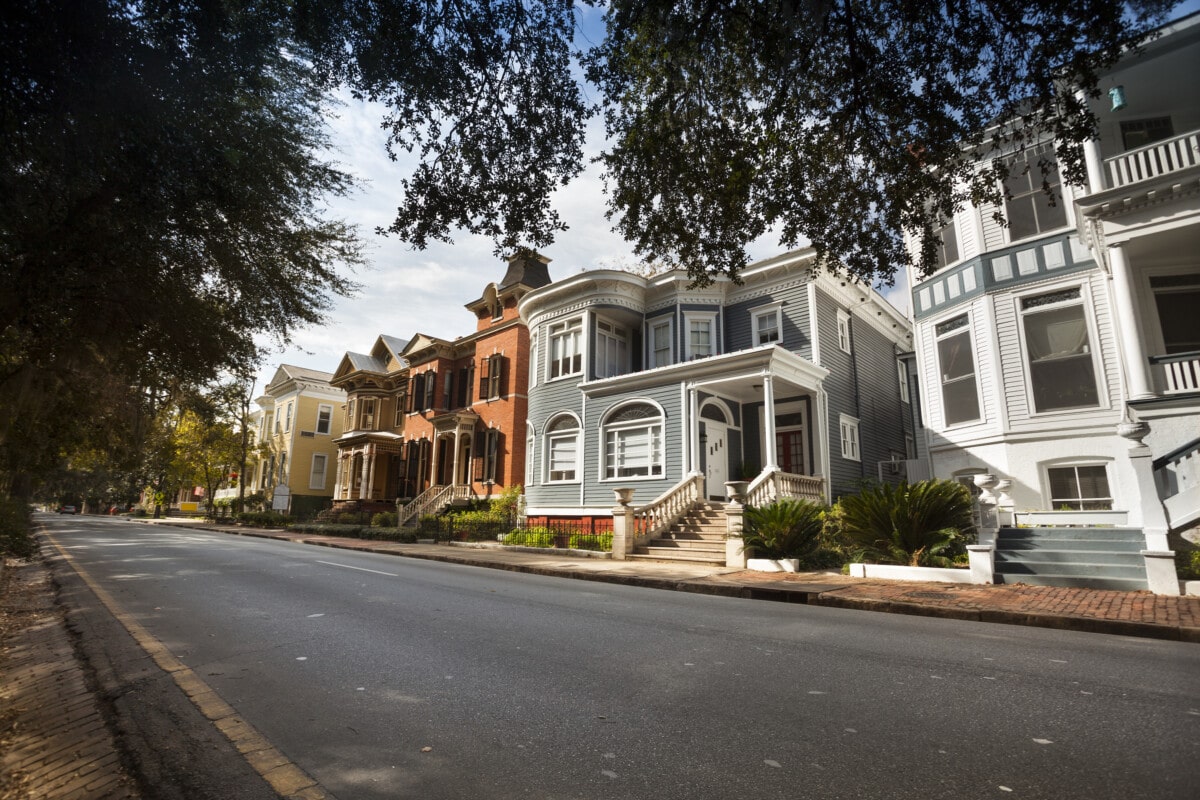
Cons of living in Savannah:
1. Humidity
Like most places in Georgia, Savannah’s climate can be hot and humid during the summer months, making some people uncomfortable. High humidity levels (74% humidity during August) can make it feel like the air is heavy and oppressive, which can make outdoor activities less enjoyable. Also, high humidity levels can contribute to mold and mildew growth, which can concern those with allergies or respiratory issues.
2. Hurricanes
Savannah is located in a hurricane-prone area, which can be a concern during the hurricane season. While the city has a comprehensive hurricane preparedness plan in place, the threat of severe weather can be stressful for residents. Hurricanes can cause property damage, power outages, and other disruptions, which can be challenging. Learn more about how to protect your home from flood damage.
3. Travel
Savannah, Georgia, may not be an ideal location for distance traveling by plane due to the relatively smaller size of Savannah/Hilton Head International Airport compared to major international airports in larger cities. This means that there may be fewer flights and fewer options for connecting flights, making it more difficult to find affordable or convenient flights to distant locations.
4. Tourism
Savannah is a popular tourist destination, which can make some city areas crowded and busy. This can make it more difficult for residents to enjoy certain attractions or activities, particularly during the peak tourist season. In 2019,the city saw 14.8 million visitors, which generated $3.1 billion in visitor spending. Additionally, tourist crowds can contribute to traffic congestion and longer wait times at restaurants and other businesses.
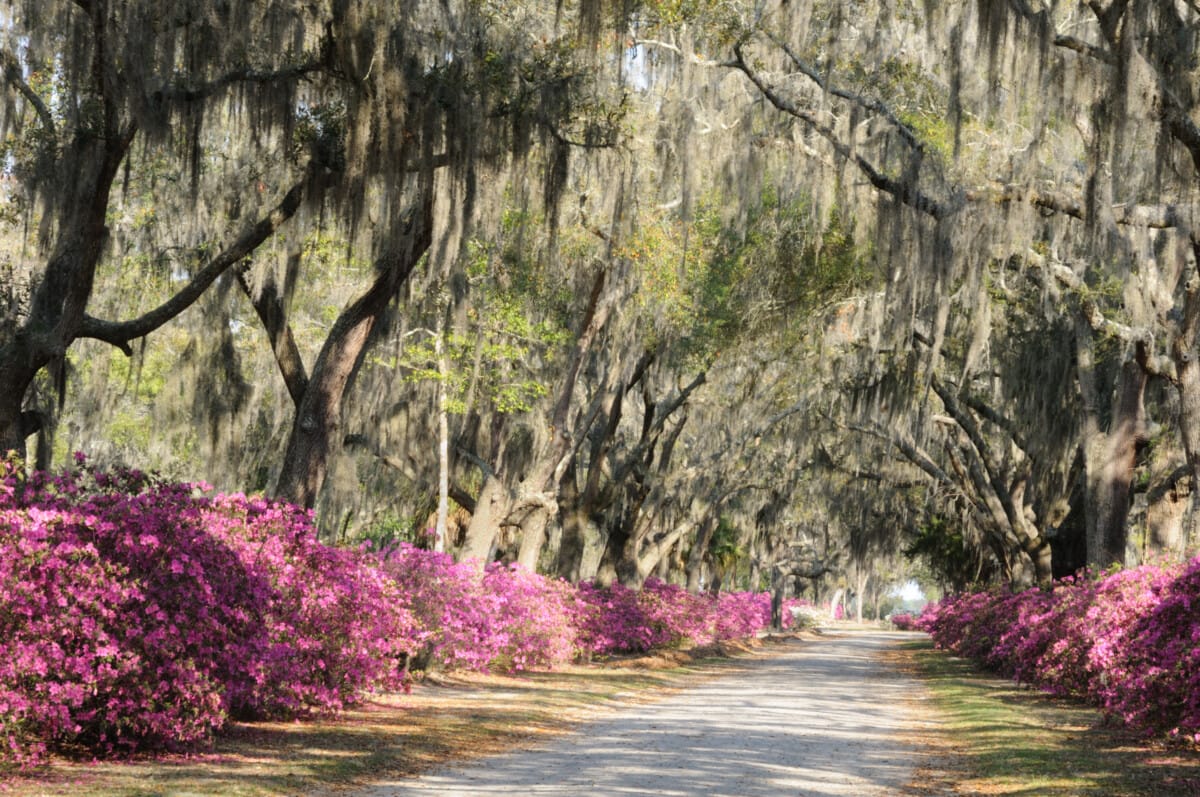
5. Lack of walkability
With a Walk Score of 44, Savannah, GA, is not as walkable as many other major cities, and visitors may find it challenging to get around on foot. The city has a unique layout, with large squares and parks that break up the city into smaller neighborhoods. While these squares offer a lovely place to relax and take in the scenery, they can make it difficult to navigate on foot.
The post Is Savannah, GA a Good Place to Live? 10 Pros and Cons to Consider appeared first on Redfin | Real Estate Tips for Home Buying, Selling & More.
from Redfin | Real Estate Tips for Home Buying, Selling & More https://ift.tt/1wxfDIY


No comments:
Post a Comment